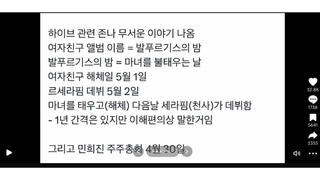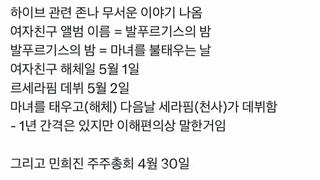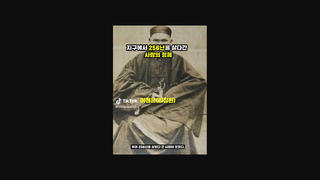

Did 35 so-called "satellite parties" take part in South Korea's last parliamentary election because of a law that allowed for a new mixed-member proportional representation system? No, that's not true: There were 35 parties participating in the elections, but most of them were independent small parties, while only two "satellite parties" ran.
The claim appeared from a video (archived here) by @issuepoint on TikTok on February 7, 2024. The caption (translated from Korean to English by Lead Stories staff) read:
In the last parliamentary election, the newly introduced mixed-member proportional representation system ended up with 35 satellite parties created.
This is what the post looked like on TikTok at the time of writing:
(Source: TikTok screenshot taken on Wed Feb 21 02:48:28 2024 UTC)
"Satellite party" is a unique form of political party in South Korea, first introduced by the Liberty Korea Party (LKP) in 2020, when it created an offshoot political party called the Future Korea Party (FKP) (archived here). That was meant to take advantage of a newly introduced proportional voting system by which it hoped to gain more parliamentary seats under LKP control. The term "satellite party" has been used for parties that are independent in name only but are considered closely related to South Korea's major political parties.
A bill passed by Parliament on December 27, 2019 (archived here), changed South Korea's electoral system to a mixed member proportional (MMP) system from the former mixed member majoritarian (MMM) system. In the old MMM system, voters had two votes; one for the candidates representing their constituency and one for a party list, known as a proportional vote, to compete for a total of 47 proportional seats that would be distributed among the parties according to the number of proportional votes they won. In the new MMP system, voters still have two votes, but the proportional seats are distributed according to the total number of seats held by each party in a system designed to ensure (archived here) that small parties are represented even if their candidates fail to beat candidates from larger parties.
Following the creation of the first satellite party, FKP, the opposition Democratic Party decided it would create its own satellite party called the Citizens' Party, in cooperation with other minor partners.
In this context, the post distorted the definition and meaning of what a satellite party is when it claimed in a caption (as translated):
Satellite political parties were more like playing the lottery. They were thinking 'If I make a political party with a similar name to an existing political party, then I would be a member of parliament, by any chance'?
The video is misleading about the meaning and design of the new MMP system and provides a false account of so-called satellite parties and what role they played in the election. There were a total of 35 parties (archived here) in the 2020 parliamentary election, but only two of those were actual satellite parties, meaning they were offshoots and under the control of larger parties. The other 33 parties were independent and with a few exceptions, most of those 33 independent parties are still functioning (archived here) outside the parliament, while two of them hold seats in parliament.
The author also uploaded the same video (archived here) on YouTube (archived here).













